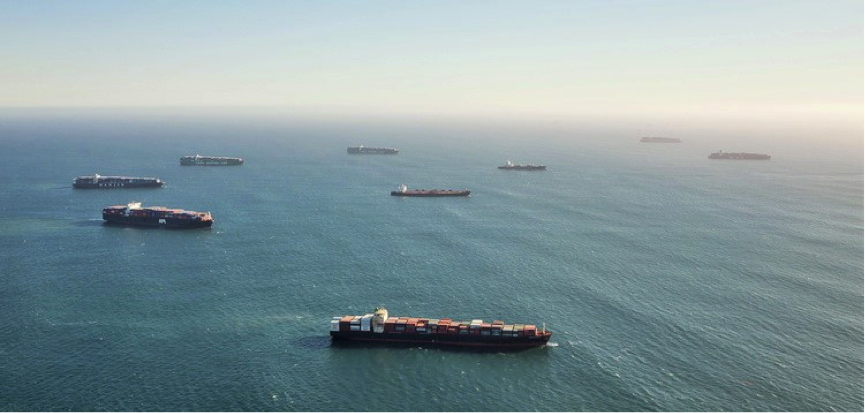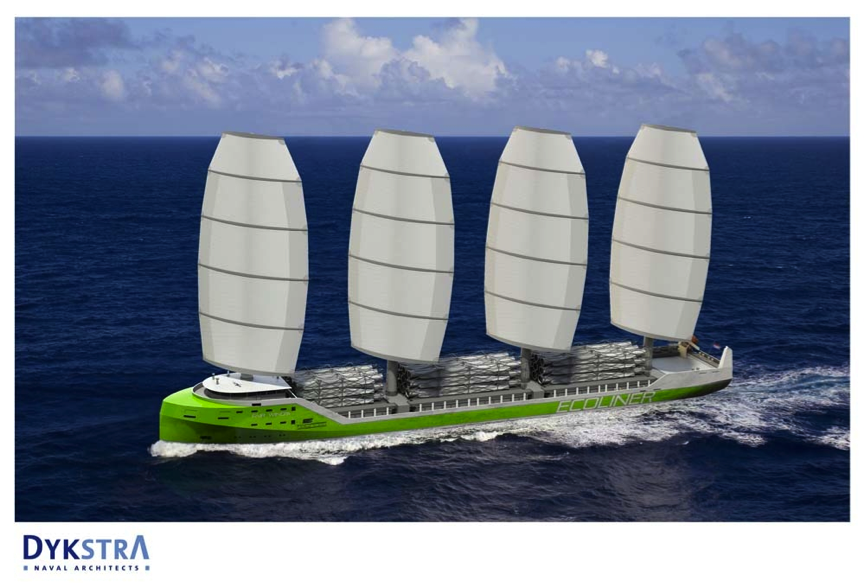A Matter For Questioning
Our very first guest blog couldn’t have come from a more genuine guy. Three months ago, Alex the Aussie came cycling onto Timbercoast turf rugged, hungry and looking for shelter. Okay, okay that’s not entirely true but nonetheless he has been a constant source of encouragement, creativity and resourcefulness. We truly appreciate having him, his one shirt and his ongoing inventiveness as part of the Timbercoast team. Enjoy!
By Alex Crowe
I knew nothing of this project 3 months ago but I was quickly overcome with excitement as the possibilities lying within this project started to present themselves. It became clear that this was a unique opportunity. As an unqualified, oven fresh graduate still brimming with optimism what lay before me was the chance to be at the forefront of an environmental challenge that is hitherto underrepresented. Its a chance to be part of a very small group of businesses trying to provide sustainable sea transport. It’s us and like 4 other ships…in the whole world!
This project is driven by people aware of a need to address climate change. They to, are fed up with the limp stance taken by the powers that be and want to sink their teeth into the problem rather than dance around it. I can feel the momentum, it [along with the romance of sailing] has swept me up!
The environmental problems that have drawn out the fiery passion that drives this project are merely symptomatic of a problem that drives most western countries, it goes right to the bone of the beast that is the international economy.
That problem is unfettered market economies, the kind of economy that results in perishable and consumer goods travelling from Argentina to Australia leaving a trail of unpenalised carbon emissions in its wake.
I’m not writing this article with any kind of answer, nor will any one person ever have an answer, I am writing this article to ask questions. To me this project is about asking questions, questions that not enough people are asking. Questions like what is the cost of free, unregulated trade? Or can we continue to transport even the most basic items further than most people travel in 10 years?
Despite a growing movement toward localised alternative supplies of energy there is scant criticism of the economic paradigm that results in transporting dizzying quantities of consumer goods around the world. Business and individuals get blamed for environmental problems but really they are just pawns in the game. The scale and impact of our current trading patterns is mind boggling, in 2014 174 million containers left Chinese shores1 and its not like trading on a global scale is going to slow down any time soon.
There is quite obviously a cavernous technological gap in the prevailing methods of propelling these staggering quantities of goods. Currently almost all containerised goods transport is done by fossil fueled ships, the top 15 of which create more pollution than ALL the cars in the entire world2.
The technology required for a carbon free viewing of Australian Idol is certainly available to us but the options for getting that TV to your house from China still remain fossil fuels or fossil fuels. It is undeniable the technological age has certainly made the world a smaller place for its inhabitants but alas, the iPhone 5 does not bring Argentina any closer to Adelaide.
There are definitely designs for container vessels that run on alternative fuels but they could still be described as pet projects awaiting the full support of governments and business but the beginnings of something great are there! The Ecoliner (http://fairtransport.eu/shipbuilding/ecoliner/) is one such concept posited by Dykstra Naval Architects and Fairtransport.
Imagine if as a society we focussed our scientific endeavour more appropriately. If only we could ply our intelligence to moving cargo around the world more effectively rather than spending countless hours on a new model of phone only to move the headphone jack.
So what can we, as individuals do?
We can act, we can ask questions, and we can build a ship to offer an alternative but most importantly we can inspire conversation on how to steer us away from hugely carbon intensive goods transport. We can do it.
-
- http://www.industrytap.com/worlds-15-biggest-ships-create-more-pollution-than-all-the-cars-in-the-world/8182
image sources
ship line up – https://fstoppers.com/aerial/amazing-aerial-imagery-overwhelming-trade-traffic-coast-los-angeles-58075


